The sneaker industry is one of the most polluting sectors in the world. Every year, millions of pairs of sneakers are produced to meet growing demand, but this massive consumption has serious environmental consequences.
The sneaker industry: an outdated and harmful model
The sneaker industry contributes to massive environmental problems. There is an urgent need to find more sustainable solutions, a pair of shoes that is part of a Slow Fashion approach is one of them.
Mass production that destroys the planet
Fast fashion has invaded the sneaker industry, with fast production cycles and a constant search for profits. Every year, new collections are launched, encouraging consumers to buy more. This model leads to excessive exploitation of natural resources and increases the ecological footprint of each pair of sneakers .
Every day, 34 million pairs of sneakers are produced worldwide, or more than 24 billion shoes per year. In France, consumption reaches 400 to 450 million pairs per year, with an average of 6 pairs per person.
The catastrophic environmental impact of production
Sneaker production relies on polluting materials such as plastic, synthetic rubber and dyeing chemicals. These materials generate air, water and soil pollution. In addition, the sneaker industry consumes a large amount of water, putting additional pressure on already limited resources in some parts of the world.
A pair of sneakers emits about 14 kg of CO2. In addition, 67% of the mass of a sneaker comes from petrochemicals, with up to 10 different types of plastics. In France, 9 pairs of sneakers are thrown away every minute, and 90% of used shoes end up incinerated or landfilled. Rubber soles can take up to 1000 years to degrade.
Working conditions: too high a human price
Working conditions in sneaker factories are often precarious. Workers endure excessive working hours, low wages, and poor safety conditions. This rapid production model maximizes profits at the expense of workers and the environment.
Why choose slow fashion for your sneakers?
Slow fashion is an alternative to the environmental and social impact of the sneaker industry, by proposing more responsible consumption for the planet and for workers.
Eco-responsible materials for a greener future
Slow fashion offers an alternative to the polluting sneaker industry. It favors the use of sustainable materials, such as organic cotton, hemp or recycled rubber. These materials are less harmful to the environment and produced in more respectful conditions.
Brands that embrace slow fashion choose materials that require fewer resources and have a reduced impact on the planet. These materials are also often biodegradable, minimizing pollution at the end of their life cycle.
Ethical production and respect for human rights: a responsible choice
Slow fashion brands produce sneakers in compliance with social and environmental standards. They often choose factories that are Fair Trade certified or equivalent, guaranteeing fair working conditions for workers. In addition, production is often more local and transparent, allowing consumers to know the origin and manufacturing conditions of the products.
Today, of the 420 million pairs of sneakers sold in France, 400 million are imported. A pair of sneakers can travel more than 17,000 km before arriving in store, although transport only represents 2% of its total carbon footprint. Slow fashion favors more local and responsible production.
Slow fashion: eco-friendly and trendy sneaker brands.
More and more brands are getting involved in slow fashion , producing sustainable and environmentally friendly sneakers .
These brands stand out for their transparency, ethics and ecological commitment. They offer products that are not only sustainable , but also repairable, by promoting local and responsible production practices.
Among them, Veja stands out by using organic cotton, wild rubber and recycled materials. Allbirds , with its sneakers made from merino wool and bio-sourced materials, follows this path.
One of the benefits of slow fashion is transparency in the production chain. Responsible brands share information about their processes, from the materials used to factory production. This allows consumers to make informed choices, supporting products that respect both the environment and workers' rights.
Choose ethical and sustainable sneakers with IKO&NOTT
Opt for our eco-responsible and certified sneakers made in Europe . Designed from 100% recycled materials such as recycled leather (GRS certified), recycled plastic (OEKO-TEX certified) and cork soles (FSC certified), our sneakers combine style, comfort and respect for the environment.
Awarded a medal at the Concours Lépine International 2024 for our recycled materials and our memory foam sole, developed with a podiatrist, they offer optimal comfort.
Made in Europe (Portugal and France), in fair working conditions, our sneakers are a responsible choice for more sustainable and planet-friendly fashion.
With IKO&NOTT, every pair is a step towards a greener future for the footwear industry.
How to adopt slow fashion to choose responsible sneakers?
Changing our consumption habits is essential to promote slow fashion and choose more responsible sneakers .
Buy less, but better: a new consumption philosophy
The principle of slow fashion is to consume less, but in a more thoughtful way. Rather than buying a new pair of sneakers every month, it is better to invest in quality products that will last longer. By choosing ethical and sustainable sneakers , you reduce your consumption and contribute positively to the environment.
Turning to second-hand: an eco-responsible solution
Another way to follow the principles of slow fashion is to buy second-hand sneakers . Many platforms and specialized stores offer sneakers in good condition. This helps to extend their lifespan and reduce the production of new pairs.
Favoring ecological labels: a guarantee of quality and ethics
When buying sneakers , it is important to favor brands with ecological certifications such as GOTS (Global Organic Textile Standard) or Fair Trade . These labels guarantee that the materials and production meet strict standards, both environmentally and socially.
The positive impacts of slow fashion on the sneaker industry and the environment
Embracing slow fashion has a positive impact on the sneaker industry and the planet.
Reducing the ecological footprint: a gesture for the planet
If all consumers chose slow fashion sneakers , the sneaker industry's ecological footprint would be significantly reduced. Fewer pollutants would be used, less water would be wasted, and less waste would be generated. This would help reduce CO2 emissions and preserve biodiversity.
To illustrate the environmental impact, sneakers purchased in France in 2020 emitted the equivalent of 4,200 round trips from Paris to New York by plane. The textile industry, including sneaker production, generates 4 billion tons of CO2 per year, and manufacturing waste accounts for up to 50% of the polyurethane used.
The evolution of the industry: a shift towards more sustainability
The rise of slow fashion in sneaker production is also pushing major brands to review their practices. Some companies are starting to adopt more sustainable strategies in the face of consumer pressure and the emergence of new responsible brands. This shows that the sneaker industry can evolve towards a more sustainable model.
Consumer Power: Acting for Global Change
The consumer plays a key role in this change. By choosing slow fashion products, they actively participate in preserving the environment. Each responsible purchase influences companies and encourages them to adopt more sustainable practices.
For a greener future, take your time choosing your next pair!
Slow fashion is the solution to combat the environmental and social excesses of the sneaker and fashion industry.
By choosing sustainable and eco-friendly sneakers , you are making a choice that is beneficial for the planet and for yourself. Opt for slow fashion , invest in quality products and participate in building a more environmentally friendly future.









